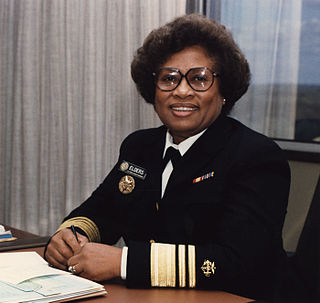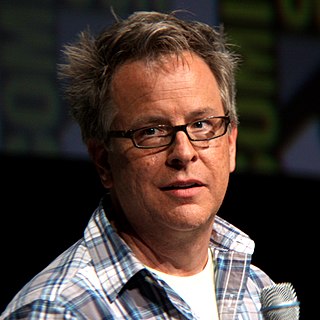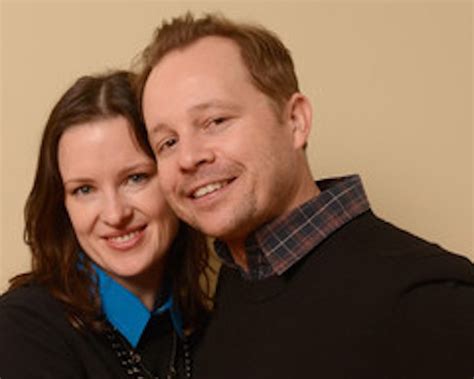A Quote by Michelangelo Antonioni
There's much talk about the problems of youth, but young people are not a problem. It's a natural evolution of things. We, who have known only how to make war and slaughter people, have no right to judge them, nor can we teach them anything.
Related Quotes
The problem in America as far as actors are concerned - and it's probably true in other fields, as well - is that they don't value people who are older or talented. I don't think ability means anything. How much money you have or how much money you can make for them are the only things they seem to care about or understand.
What I can do is to go out and talk about the problems and solutions, make people aware of the scope of the problems, get them to become advocates for a turnaround, and convince them to develop an action plan, targeted to their community, to deal with young people. [They need to] find out what the kids want to do - dances, midnight-basketball leagues.
You've never seen me debate anybody. On anything. Ever. My investment of time, as an educator, in my judgment, is best served teaching people how to think about the world around them. Teach them how to pose a question. How to judge whether one thing is true versus another. What the laws of physics say.
When people come to you with problems or challenges, don't automatically solve them. As a mama bear, you want to take care of your cubs, so you tend to be protective and insulate them against all those things. But if you keep solving problems for your people, they don't learn how to actually solve problems for themselves, and it doesn't scale. Make sure that when people come in with challenges and problems, the first thing you're doing is actually putting it back to them and saying: "What do you think we should do about it? How do you think we should approach this?".
What I like to do with music is make people feel better. Make people realize that all humans have the same problems, more or less. A lot of people deal with the same thing. A lot of times people think problems are specific to them and they if they hear a song about a problem common to them, they feel good because they know that someone else has gone through it.
You can understand other people only as much as you understand yourself and only on the level of your own being. This means you can judge other people's knowledge but you cannot judge their being. You can see in them only as much as you have in yourself. But people always make the mistake of thinking they can judge other people's being. In reality, if they wish to meet and understand people of a higher development than themselves they must work with the aim of changing their being.
You put as much effort as you can when they're young into trying to teach them to be good people or make them the best they can be, and they're older now, my kids. I'm at that stage where I let them go, and you just hope that all that nurturing you did earlier on sticks, and you launched good people out there.
I'm never trying to make a statement about morality ever. If there's a statement to be made, it's "People are complicated. They do things that may hurt other people, or exploit other people, but they may do them for the right reasons, or out of desperation." I don't judge that sort of "bad" behavior. I'm only interested in a world where people break outside of the norm, and I believe people do whatever they have to do to relieve themselves of pain. I just want to watch and see how that plays out.





































